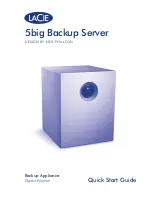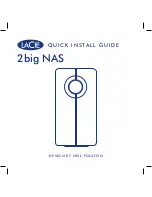
•
S-UNI
—
an access port that provides the same service to all customer VLANs entering the interface,
marking all C-VLANs entering the port with the same S-VLAN. In this mode, the customer's port is
configured as a trunk port, and traffic entering the S-UNI is tagged. On S-UNIs, CDP and LLDP are
disabled, and STP BPDU filtering and Port Fast are enabled. You can configure the port as an access
port only; trunk configuration is not allowed. CFM C-VLAN configuration is not allowed on an S-UNI.
Use the ethernet dot1ad uni s-port interface configuration command on an access port with an access
VLAN.
•
NNI
—
entering the ethernet dot1ad nni interface command on a trunk port creates 802.1ad EtherType
(0x88a8) and uses S-bridge addresses for CPU-generated Layer 2 protocol PDUs. Only trunk ports can
be NNIs. CFM C-VLAN configuration is not allowed on an NNI.
Service Provider Bridges
Provider bridges pass the network traffic of multiple customers. The traffic flow of each customer must be
isolated from one another. For Layer 2 protocols within customer domains to function properly, geographically
separated customer sites must appear to be connected via a LAN and the provider network must be transparent.
The IEEE has reserved 33 Layer 2 MAC addresses for customer devices that operate Layer 2 protocols. If a
provider bridge uses these standard MAC addresses for its Layer 2 protocols, the Layer 2 traffic of the customer
devices and the service provider is mixed together. Provider bridges solve this traffic-mixing issue by providing
Layer 2 protocol data unit (PDU) tunneling when a provider bridge (S-bridge) component and a provider edge
bridge (C-bridge) component are used. The figure below shows the topology.
Figure 12: Layer 2 PDU Tunneling
S-Bridge Component
The S-bridge component is capable of inserting or removing a service provider VLAN (S-VLAN) for all
traffic on a particular port. IEEE 802.1ad adds a new tag called a Service tag (S-tag) to all ingress frames
traveling from the customer to the service provider.
Carrier Ethernet Configuration Guide (Cisco ASR 920 Series)
404
Configuring IEEE 802.1ad
Service Provider Bridges
















































